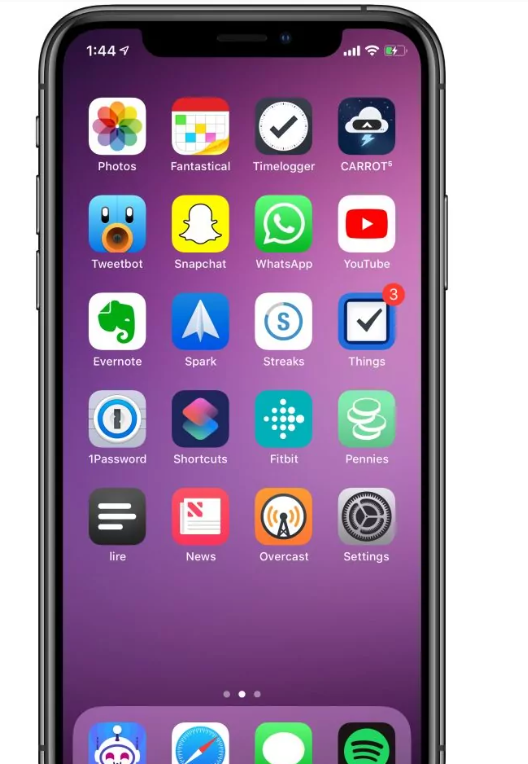Why offline functionality matters in mobile apps

In today’s interconnected and digital world, where internet access is often taken for granted by many people, mobile apps that don’t have offline functionality can leave users stranded in situations where there is no internet connection. Mobile apps that have offline functionality are more versatile than those without offline functionality because these apps allow users to access the features of the app without internet access. Today, we will be discussing why offline functionality matters in mobile apps and why mobile app developers should consider adding offline functionality to their apps.
Enhances User Experience
The primary goal of any mobile app is to ensure that it provides users with exactly what they are looking for. Whether it is a productivity app, travel app, or entertainment app like A23 Rummy, providing users with what they are looking for is an essential part of ensuring a satisfying user experience. By adding offline functionality to their apps, developers can enhance the user experience.
Having offline functionality eliminates the dependency on the internet and allows users to access the app and its features even in areas where there is poor or no internet connectivity. This reduces user frustration and leads to better user satisfaction and experience.
Broader Accessibility
Apps with offline functionality are more inclusive and have broader accessibility, as they can be used by people in various countries. Not all countries and regions have consistent internet infrastructure. In such cases, apps with offline functionality can cater to the needs of users in areas with poor internet connectivity.
This allows users to access the important features of the app without having to worry about an active internet connection, which makes the app more appealing to users and increases the user base of the app.
Supports Critical Use Cases
There are some apps that need to be functional, even in cases where there is no internet connection. Apps that have offline functionality available are a lifesaver for users, as they enable users to continue working without any disruption. A good example of such an app with offline features is Google Docs which allows users to create, edit, and save documents offline, with changes automatically synced when reconnected.
Spotify is also another app that lets you play music, even without the internet. You should have just played the music once before while connected to the internet and after that, you can play the music, even without internet connectivity. Download now access these features of Spotify and listen to music, even without internet connectivity.
Provides Competitive Edge
Offline functionality is also crucial for app developers to gain a competitive edge, as offline functionality offers several strategic advantages. Since the app market is already so crowded, offline functionality can set an app apart because users are more likely to choose an app that remains functional, even when there is no internet connection.
Plus, apps with offline features keep the users engaged and encourage them to come back to the app, as they are not deterred by connectivity issues. All of this makes offline functionality a unique selling point that can help an app gain a competitive edge.
The discussion above proves that offline functionality is vital for mobile apps these days, as it enhances user experiences, keeps users engaged, improves accessibility, and provides a competitive advantage. Whatever app you are working on, be it a travel app, productivity app, or a mobile game, consider incorporating offline capabilities to make your app more versatile, user-friendly, and competitive.
Miss Clipping Out Stories to Save for Later?
Click the Purchase Story button below to order a print of this story. We will print it for you on matte photo paper to keep forever.

